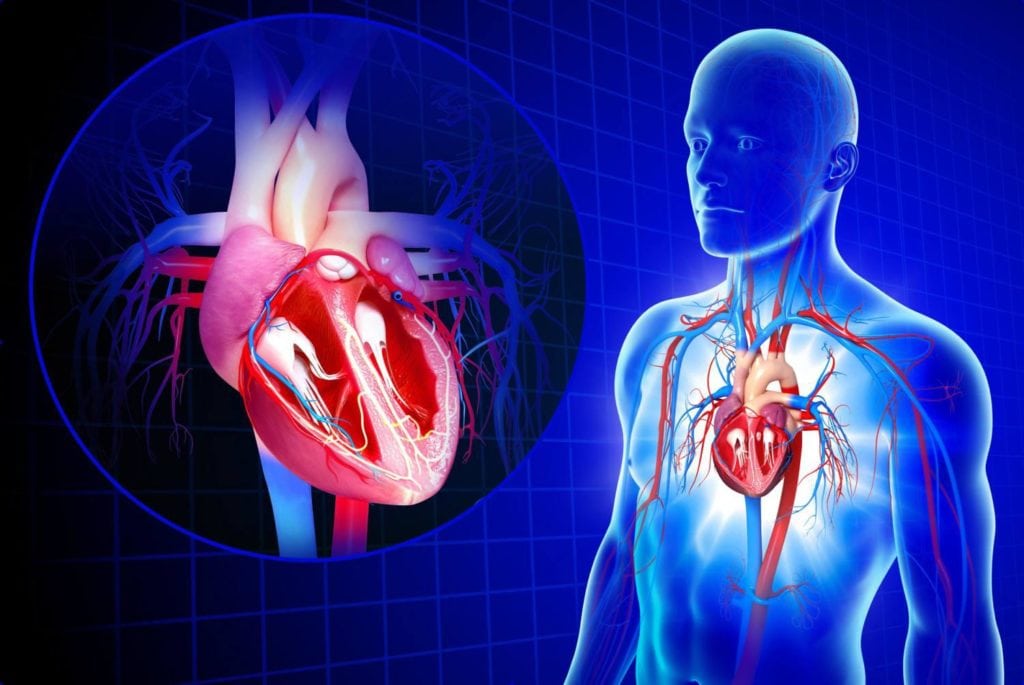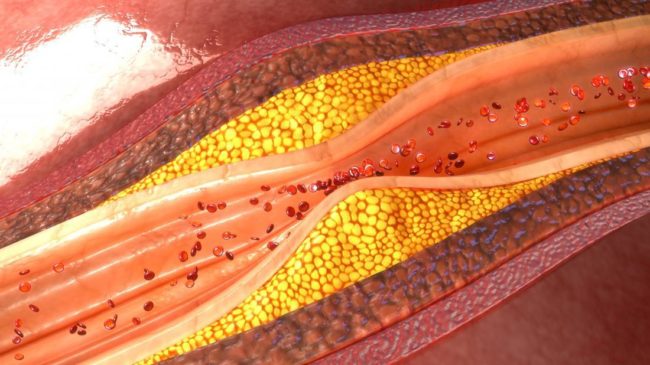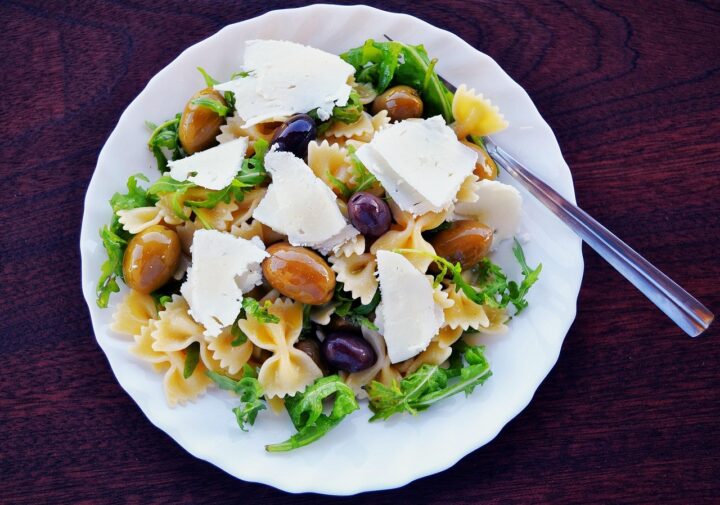Extra Virgin Olive Oil Health Benefits: The Cardiovascular System
Updated August 16th 2024

Summary
Contents
- Extra Virgin Olive Oil Is A Heart Health Boost In A Bottle
- How Extra Virgin Olive Oil Supports Heart Health
- Extra Virgin Olive Oil Is An Antioxidant Powerhouse
- Structures of the Cardiovascular System
- The Health Benefits Of The Mediterranean Diet
- Olive Oil and Lifestyle Changes For Better Heart Health
Extra Virgin Olive Oil Is A Heart Health Boost In A Bottle
In the quest for a healthier lifestyle, extra virgin olive oil stands out as a golden elixir for heart health. This liquid gold is not just a kitchen staple; it’s a powerhouse of nutrients that can significantly benefit your cardiovascular system. Whether you’re a nutrition enthusiast looking to boost your diet or a cardiovascular patient seeking dietary support, understanding the role of extra virgin olive oil can be a game-changer. In this blog post, we’ll explore the fascinating health benefits of extra virgin olive oil, offer practical tips for incorporating it into your diet, and provide insights into how it supports cardiovascular wellness.
How Extra Virgin Olive Oil Supports Heart Health
The heart health benefits of extra virgin olive oil are backed by science. Numerous studies have shown that regular consumption of this oil can lead to improved cardiovascular outcomes. One of the primary reasons is its ability to lower cholesterol levels. The monounsaturated fats in extra virgin olive oil help reduce levels of low-density lipoprotein (LDL), often referred to as “bad” cholesterol, while maintaining high levels of high-density lipoprotein (HDL), or “good” cholesterol.
Additionally, extra virgin olive oil plays a role in reducing blood pressure. Hypertension is a leading risk factor for heart disease, and the phenolic compounds in the oil have been shown to have vasodilatory effects, which means they can help widen blood vessels and improve blood flow. This mechanism assists in lowering blood pressure levels, further enhancing cardiovascular health.
Furthermore, the antioxidants in extra virgin olive oil fight inflammation, a known risk factor for heart disease. Chronic inflammation can lead to the development of atherosclerosis, where plaque builds up in the arteries, increasing the risk of heart attacks and strokes. By incorporating extra virgin olive oil into your diet, you can help mitigate these risks and promote overall cardiovascular wellness.
Extra Virgin Olive Oil Is An Antioxidant Powerhouse
Extra virgin olive oil is a rich source of antioxidants, compounds known for their ability to neutralize free radicals and prevent oxidative damage in the body. These antioxidants, which include polyphenols and vitamin E, are particularly beneficial for cardiovascular health.
Polyphenols are a group of naturally occurring compounds found in plants, and they have been shown to provide protection against a range of diseases, including heart disease. In extra virgin olive oil, polyphenols help reduce oxidative stress, which is a common contributor to atherosclerosis and other cardiovascular conditions. By incorporating olive oil into your diet, you can take advantage of these protective effects.
Vitamin E, another antioxidant found in extra virgin olive oil, supports cardiovascular health by preventing the oxidation of LDL cholesterol. This process is crucial because oxidized LDL can lead to plaque buildup in the arteries. By consuming vitamin E-rich olive oil, you can help maintain healthy cholesterol levels and keep your heart functioning optimally.
More and more food lovers who are concerned with healthy food and healthy eating are turning towards healthy diets like the Mediterranean diet and the Keto diet, with Extra Virgin Olive Oil a key constituent. We have often discussed the health benefits of Extra Virgin Olive Oil like Morocco Gold with our customers at our tasting events. Many of the people we have met wish to know more, so here we are going to provide a series of articles that will provide the science behind what Extra Virgin Olive Oil actually does and why it is good for you. This first article will look at the cardiovascular system.
Structures of the Cardiovascular System
he cardiovascular system is responsible for transporting nutrients and removing gaseous waste from the body. This system is comprised of the heart and the circulatory system. Structures of the cardiovascular system include the heart, blood vessels, and blood. The lymphatic system is also closely associated with the cardiovascular system.
Heart
The heart is the organ that supplies blood and oxygen to all parts of the body. This amazing muscle produces electrical impulses through a process called cardiac conduction. These impulses cause the heart to contract and then relax, producing what is known as a heartbeat. The beating of the heart drives the cardiac cycle which pumps blood to cells and tissues of the body.
Blood Vessels
Blood vessels are intricate networks of hollow tubes that transport blood throughout the entire body. Blood travels from the heart via arteries to smaller arterioles, then to capillaries or sinusoids, to venules, to veins and back to the heart. Through the process of microcirculation, substances such as oxygen, carbon dioxide, nutrients, and wastes are exchanged between the blood and the fluid that surrounds cells.
Blood
While Blood delivers nutrients to cells and removes wastes that are produced during cellular processes, such as cellular respiration. Blood is composed of red blood cells, white blood cells, platelets, and plasma. Red blood cells contain enormous amounts of a protein called haemoglobin. This iron containing molecule binds oxygen as oxygen molecules enter blood vessels in the lungs and transport them to various parts of the body.
After depositing oxygen to tissue and cells, red blood cells pick up carbon dioxide (CO2) for transportation to the lungs where CO2 is expelled from the body.
Circulatory System
The circulatory system supplies the body’s tissues with oxygen rich blood and important nutrients. In addition to removing gaseous waste (like CO2), the circulatory system also transports blood to organs (such as the liver and kidneys) to remove harmful substances. This system aids in cell to cell communication and homeostasis by transporting hormones and signal messages between the different cells and organ systems of the body. The circulatory system transports blood along pulmonary and systemic circuits. The pulmonary circuit involves the path of circulation between the heart and the lungs. The systemic circuit involves the path of circulation between the heart and the rest of the body. The aorta distributes oxygen rich blood to the various regions of the body.
Lymphatic System
The lymphatic system is a component of the immune system and works closely with the cardiovascular system. The lymphatic system is a vascular network of tubules and ducts that collect, filter, and return lymph to blood circulation. Lymph is a clear fluid that comes from blood plasma, which exits blood vessels at capillary beds. This fluid becomes the interstitial fluid that bathes tissues and helps to deliver nutrients and oxygen to cells. In addition to returning lymph to circulation, lymphatic structures also filter blood of microorganisms, such as bacteria and viruses. Lymphatic structures also remove cellular debris, cancerous cells, and waste from the blood. Once filtered, the blood is returned to the circulatory system.
Extra Virgin Olive Oil And The Cardiovascular System
Lowering your risk of cardiovascular problems is an area upon which several recent studies on Extra Virgin Olive Oil have focused. Chronic inflammation is a risk factor for many types of cardiovascular disease, and Extra Virgin Olive Oil has well-documented anti-inflammatory properties.
One place we don’t want excessive ongoing inflammation is within our blood vessels. Our blood supply is just too important for maintaining the health of all our body systems, and it cannot effective support our body systems when compromised with ongoing inflammation. Given this relationship, it’s not surprising to see cardiovascular benefits of Extra Virgin Olive Oil rising to the top of the health benefits provided by this remarkable oil.
From a variety of different research perspectives we know that daily intake of Extra Virgin Olive Oil in amounts as low as one tablespoon per day reduces inflammatory processes within our blood vessels. By reducing these processes, Extra Virgin Olive Oil also reduces our risk of inflammation-related cardiovascular diseases like atherosclerosis.
Yet anti-inflammatory benefits are not the only cardiovascular benefits provided by Extra Virgin Olive Oil. Two other broad types of heart-related benefits are well documented for this oil. The first type is lessened risk of forming unwanted blood clots. While blood clotting is a natural and healthy process required for the healing of wounds and prevention of excessive bleeding, clotting in the arteries can ultimately result in a heart attack or stroke.
One risk factor for unwanted clotting in our arteries is excessive clumping together of our platelet blood cells. This clumping process is also called “aggregation.” Regular incorporation of Extra Virgin Olive Oil into a meal plan has been shown to lessen the risk of this excessive aggregation, and the reason that researchers refer to Extra Virgin Olive Oil as an “anti-aggregatory” oil.
The other broad area of cardiovascular benefits involves improved levels of circulating fats in our bloodstream, as well as protection of those fats from oxygen-related damage. Decreased levels of total cholesterol and LDL cholesterol following consumption of Extra Virgin Olive Oil are findings are the vast majority of studies that have analysed this relationship.
Yet equally important, the cholesterol molecules that remain in our blood also appear to be better protected from oxygen-related damage (oxidation). Since fats and cholesterol belong to a broader technical category called “lipids,” damage to the fats and cholesterol in our blood stream is typically referred to as “lipid peroxidation.” And it is precisely this lipid peroxidation process that gets reduced through incorporation of Extra Virgin Olive Oil into a meal plan.
The Health Benefits Of The Mediterranean Diet
The Mediterranean diet, characterized by a high intake of fruits, vegetables, whole grains, and healthy fats like extra virgin olive oil, has long been associated with reduced cardiovascular risk. This diet emphasizes eating patterns that are both heart-healthy and sustainable, which is why it is often recommended for those looking to improve their heart health.
One of the standout features of the Mediterranean diet is its emphasis on extra virgin olive oil as the primary source of fat. This oil is used in abundance, from drizzling over salads to cooking vegetables and meats. The diet also encourages eating a variety of foods rich in antioxidants and fibre, which work in conjunction with olive oil to protect the heart.
Research has shown that individuals who follow the Mediterranean diet experience lower rates of heart disease and stroke. This diet not only supports heart health but also offers a holistic approach to wellness, promoting longevity and reducing the risk of various chronic diseases. For those seeking to improve their cardiovascular health, adopting aspects of the Mediterranean diet can be a delicious and effective strategy.
Cardiovascular Disease

Atherosclerosis is the build-up of fatty plaques on the walls of arteries. Fatty plaque known as atheroma (yellow) has built-up on the inner wall and is blocking about 60% of the artery width. Atherosclerosis leads to irregular blood flow and clot formation, which can block the coronary artery resulting in heart attack.
According to the World Health Organization, cardiovascular disease is the leading cause of death for people world-wide. Cardiovascular disease involves disorders of the heart and blood vessels, such as coronary heart disease, cerebrovascular disease (stroke), elevated blood pressure (hypertension), and heart failure.
- Hypertension – persistently elevated blood pressure (high blood pressure) in the arteries. It is associated with the development of disorders such as atherosclerosis, heart attack, stroke, and can cause kidney damage.
- Atherosclerosis – artery walls become hardened due to build-up of plaque (fatty deposits). It causes decreased blood supply to tissues and may lead to blood clots, stroke, aneurysm, or heart disease.
- Aneurysm – a bulging in a weakened area of an artery that could rupture and cause internal bleeding.
- Coronary artery disease (heart disease) – narrowing or blockage in the coronary arteries, which supply blood directly to the heart muscle. Complete blockage of blood flow will cause a heart attack.
- Stroke – death of brain cells (neurons) due to lack of blood supply.
- Heart failure – the heart is not able to supply enough blood to body tissues. It is caused by conditions such as hypertension, heart disease, and cardiomyopathy (chronic disease of the heart muscle).
It is crucial that the organs and tissues of the body receive proper blood supply. Lack of oxygen means death, therefore having a healthy cardiovascular system is vital for life. In most cases, cardiovascular disease can be prevented or greatly diminished through behavioural modifications. Individuals wishing to improve cardiovascular health should consume a healthy diet, exercise regularly, and abstain from smoking.
Imagine your body as a highly complex, high-performance engine. High quality Extra Virgin Olive Oil like Morocco Gold is natures highest performance engine oil, to keep your body well- tuned and running smoothly over a lifetime.
Incorporating Olive Oil into Your Diet
Adding extra virgin olive oil to your diet is simple and can enhance the flavor of your meals. Here are some practical tips to help you get started:
- Salad Dressing: Create a simple vinaigrette by mixing olive oil with balsamic vinegar, lemon juice, or your favorite herbs and spices. This dressing adds a flavorful touch to fresh salads.
- Cooking: Use olive oil for sautéing vegetables, grilling meats, or roasting potatoes. Its high smoke point makes it suitable for various cooking methods, and it imparts a rich taste to dishes.
- Drizzle: Finish soups, pastas, or crusty bread with a drizzle of olive oil for an extra burst of flavor. This technique enhances the taste and adds a dose of heart-healthy fats to your meal.
By incorporating these ideas, you can enjoy the benefits of extra virgin olive oil while experiencing the delicious flavors it brings to your table.
Olive Oil and Lifestyle Changes For Better Heart Health
Incorporating extra virgin olive oil into your lifestyle extends beyond dietary adjustments. It can also inspire a broader commitment to healthy living. Pairing olive oil with a balanced diet rich in fruits, vegetables, and whole grains supports overall wellness.
Physical activity complements dietary changes, encouraging cardiovascular health and weight management. Regular exercise, combined with a heart-healthy diet, can significantly reduce the risk of heart disease.
Additionally, mindfulness practices such as meditation and stress management techniques can contribute to a heart-healthy lifestyle. Together, these changes can create a holistic approach to wellness, empowering individuals to take control of their health.






